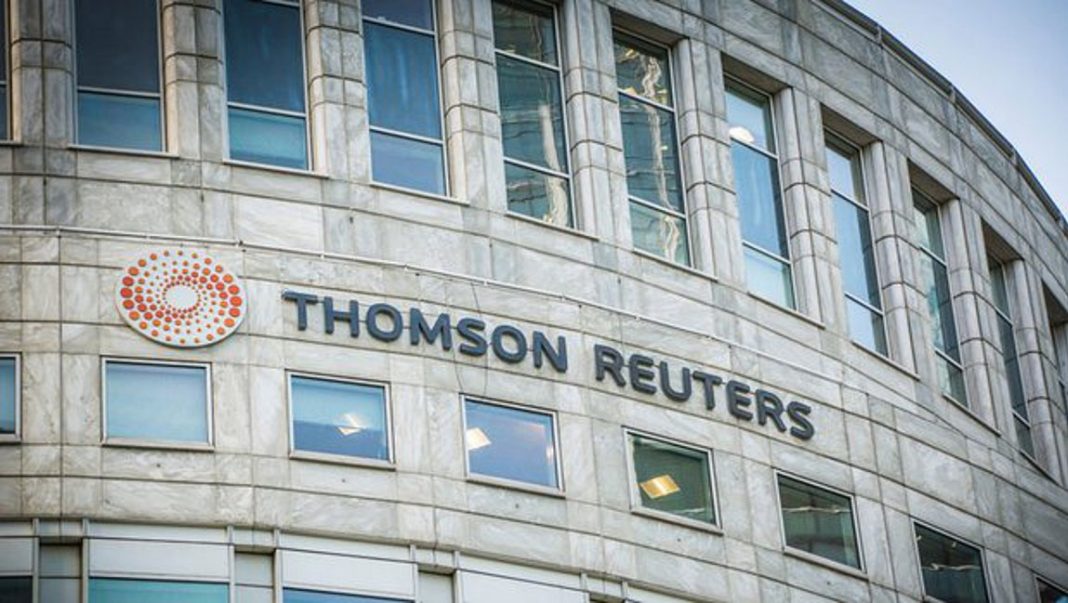Riyaz Patel
Britain’s government secretly funded Reuters in the ’60s and ’70s as part of an anti-Soviet propaganda unit linked to British intelligence, and used the BBC to launder the payments, declassified government documents show.
The money was used to expand Reuters’ coverage of the Middle East and Latin America and was hidden by increased news subscription payments to Reuters from the BBC.
As the BBC reported Monday, the Information Research Department (IRD), an intelligence section created within the Foreign Office in 1948 to covertly produced anti-communist material, led negotiations with Reuters in 1969.
“We are now in a position to conclude an agreement providing discreet Government support for Reuter services in the Middle East and Latin America,” noted a redacted 1969 British government document marked “Secret” and entitled “Funding of Reuters by HMG.“

“HMG’s interests should be well served by the new arrangement,” said the document, which was declassified last year. HMG stands for Her Majesty’s Government.
The documents illustrate the level of involvement the British government once had in Reuters’ affairs and the explicit agreement to conceal the financing.
While Reuters, one of the world’s largest news organisations, today “sells news to a broad array of customers including governments, no government exercises control over how or what Reuters produces,” said Reuters spokesman David Crundwell in response to the declassified documents.
Some netizens, though are saying that Reuters credibility is now on the line.
The documents show the Information Research Department (IRD), a British anti-Soviet propaganda unit with close ties to British intelligence, led negotiations with Reuters.
Reuters provided news in English and local languages about local and world events, for reuse by newspapers and broadcasters in the region, with “a measure of political influence” coming from the government.
The documents said further that Reuters “could and would provide” what the government needed, though the government officials conceded that Reuters did not want to appear to be taking orders or money directly from the British government.
“The new relationship established with Reuters in the Middle East and Latin America can lead to valuable goodwill and cooperation with the Agency on a global scale,” John Peck, former head of the IRD, said according to the documents.

